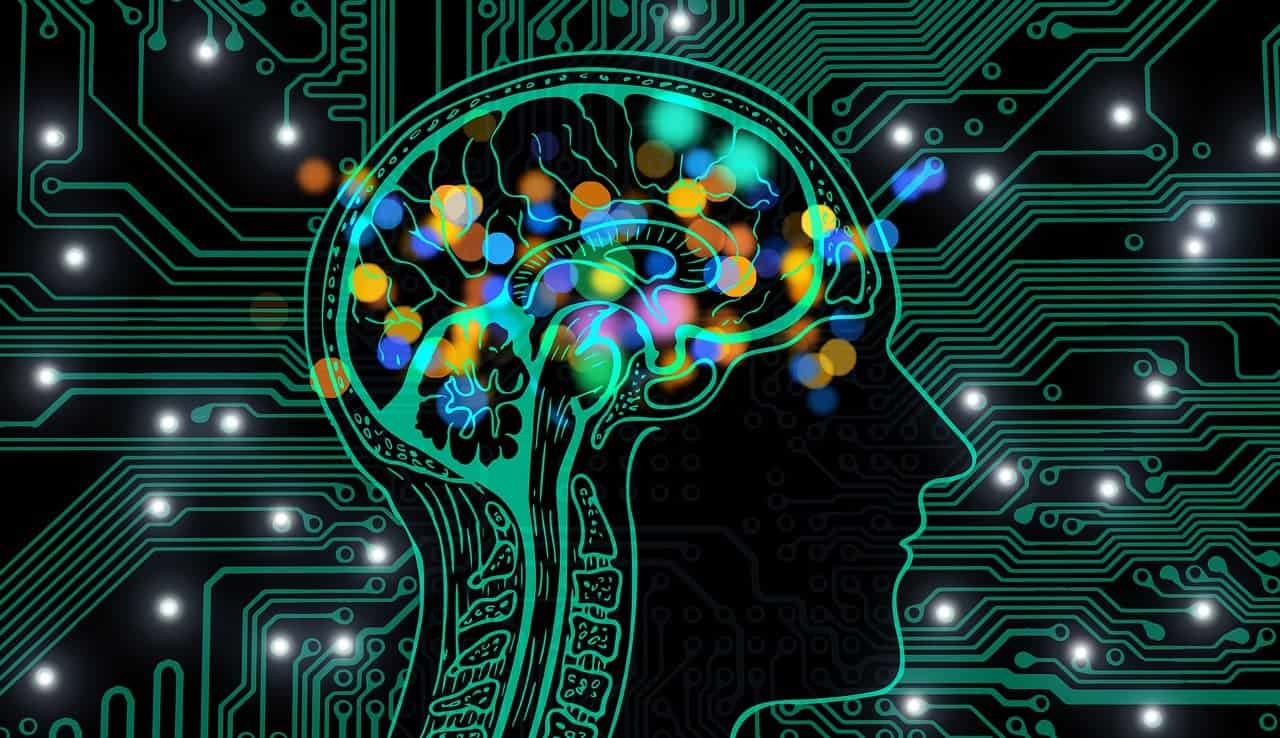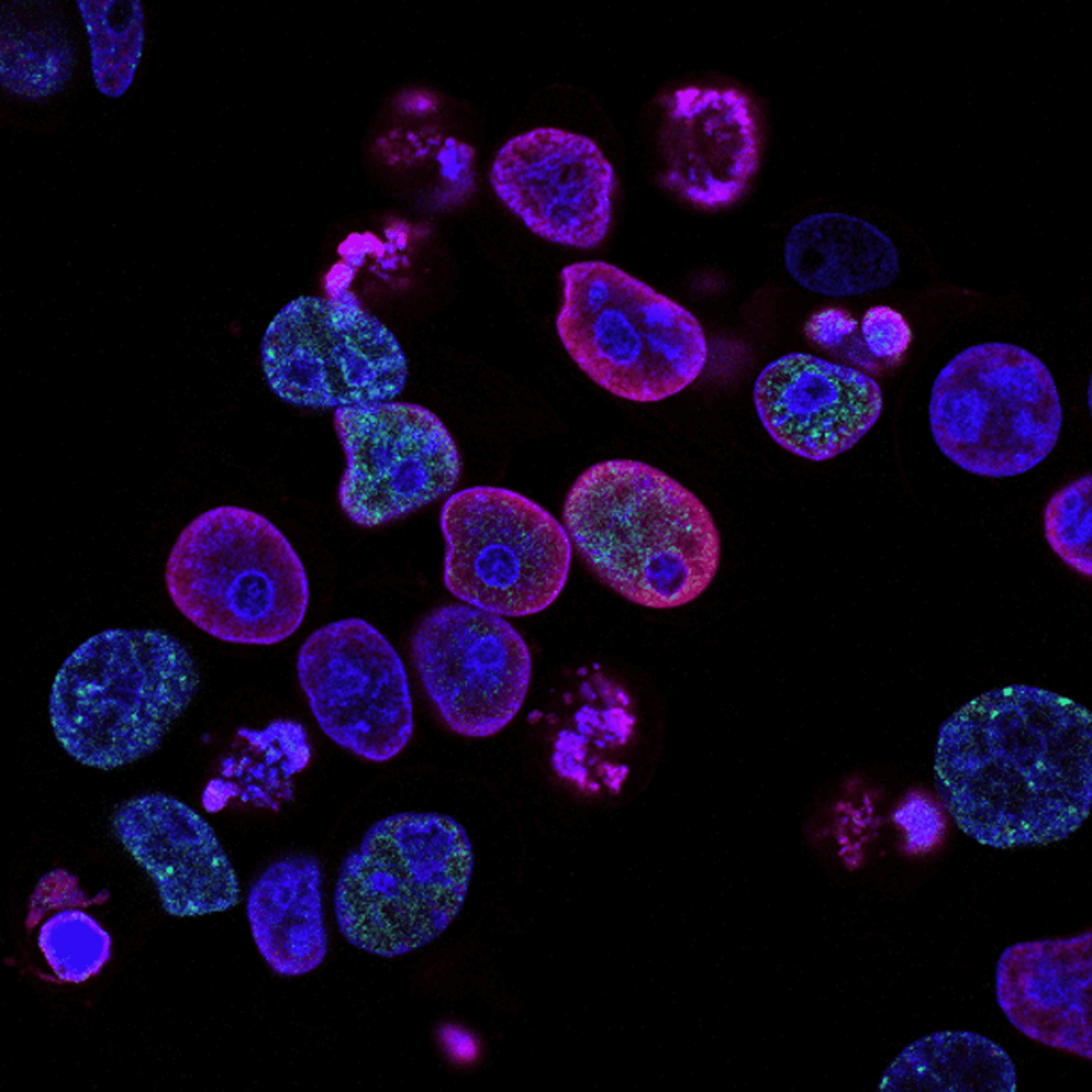
A multi-disciplinary team of researchers has successfully developed an innovative AI technology capable of monitoring two rare diseases, Duchenne muscular dystrophy (DMD) and Friedreich’s ataxia (FA), with high accuracy. This technology combines motion capture and artificial intelligence, leveraging wearable tech to track the progression of these disorders. By using this method, the team has been able to increase accuracy and objectivity while reducing the number of patients needed for clinical trials. The AI technology identifies clear movement patterns, predicts future disease progression, and increases the efficiency of clinical trials.
Tracking the progression of FA and DMD is normally done through intensive testing in a clinical setting. However, these tests can be both time-consuming and imprecise. The research team, led by Professor Aldo Faisal from Imperial College London’s Departments of Bioengineering and Computing, has developed a more precise assessment that also increases the accuracy and objectivity of the data collected.
The team gathered data from a person’s full-body movement using a 17-sensor body suit. This data was then fed into an AI technology to create a “digital twin” of the patient that allowed for unprecedented, precise predictions of how an individual patient’s disease will progress.
The researchers estimate that using these disease markers mean that significantly fewer patients are required to develop a new drug when compared to current methods. This is particularly important for rare diseases where it can be hard to identify suitable patients.
Benefits Beyond Clinical Trials
Scientists hope that as well as using the technology to monitor patients in clinical trials, it could also one day be used to monitor or diagnose a range of common diseases that affect movement behaviour such as dementia, stroke and orthopaedic conditions.
The research team has gained approval from the European Medicines Agency (EMA) for use of the data collected from wearable devices in DMD clinical trials. This is an important milestone which will allow real-world experience of DMD patients to be captured on clinical trials.
AI for Healthcare: The Future of Disease Diagnosis?
The development of this AI technology demonstrates its potential to be applied to many diseases and help us develop treatments for many more. As Professor Aldo Faisal explains: “Our approach gathers huge amounts of data from a person’s full-body movement – more than any neurologist will have the precision or time to observe in a patient. Our AI technology builds a digital twin of the patient and allows us to make unprecedented, precise predictions of how an individual patient’s disease will progress.”








